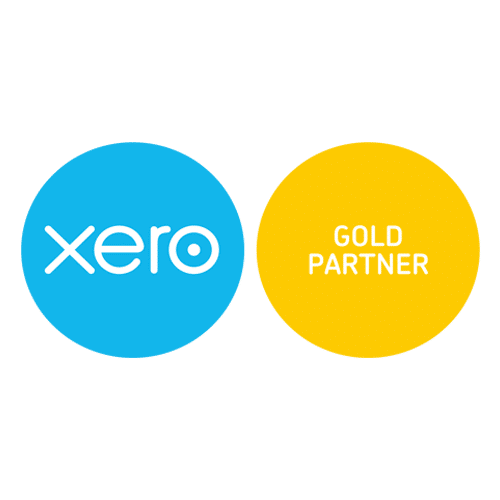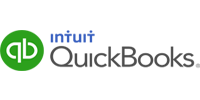





In the ever-evolving landscape of taxation, staying on top of your UK VAT returns is crucial for businesses of all sizes. Value Added Tax (VAT) is a type of consumption tax imposed on the incremental value contributed to goods and services throughout their production or distribution process.
Accurate VAT returns are not only a legal requirement but also essential for managing your finances effectively. In this comprehensive guide, we’ll explore ten essential tips for managing your UK VAT returns in 2023, with insights from seasoned UK VAT Returns Advisors and Consultants.
To gain a comprehensive understanding of Value Added Tax (VAT) before delving into the complexities of VAT returns, it is crucial to understand the fundamental principles of this taxation system.
VAT is levied on the majority of products and services offered by registered enterprises operating within the United Kingdom. As of now, the prevailing standard rate stands at 20%, although there are also reduced rates and exemptions applicable to distinct product and service categories.
If your company’s taxable turnover surpasses the VAT threshold, which presently stands at £85,000, it is obligatory to initiate VAT registration with HM Revenue and Customs (HMRC). Nevertheless, it’s worth noting that even if your turnover falls below this threshold, opting for voluntary VAT registration could prove advantageous, particularly if your customer base includes other VAT-registered businesses. This voluntary step can yield potential benefits and facilitate smoother transactions within the VAT system.
Within the United Kingdom, there exists a range of VAT schemes, each with its unique set of advantages and drawbacks. These schemes encompass options like the Flat Rate Scheme and the Cash Accounting Scheme, each tailored to cater to different business requirements.
To make an informed choice aligned with your company’s specific needs, it is highly advisable to seek consultation with professional VAT Returns Advisors who possess in-depth expertise in navigating these schemes and can provide valuable insights and guidance for your business.
Effective and careful record-keeping constitutes the foundation of precise VAT returns. It is very important to diligently maintain comprehensive records encompassing all your sales and purchases, including but not limited to invoices, receipts, and bank statements.
This commitment to maintaining reliable records not only streamlines the VAT return procedure but also serves as a vital safeguard against potentially expensive errors that could arise if the record-keeping process is not executed diligently.
In the process of computing VAT, it is imperative to make a clear distinction between the Value Added Tax you levy on your sales, often referred to as output VAT and the VAT you incur on your purchases, commonly known as input VAT.
It is the discrepancy between these two components that determines the amount you are either obligated to remit to or reclaim from HMRC, the tax authority. This differentiation between output and input VAT serves as the pivotal factor in determining your VAT liability or entitlement with regard to HMRC.
Adhering to VAT return deadlines holds paramount importance as it is essential for sidestepping the imposition of penalties and the accrual of interest charges. It is imperative to have a firm grasp of your specific VAT return filing dates and, in turn, ensure their punctual submission.
Seeking assistance from VAT Returns Consultants can prove to be invaluable in maintaining your adherence to these deadlines, thus helping you not only stay on track but also preempt any untimely or delayed submissions, which could otherwise lead to adverse financial consequences.
For certain industries like construction, the VAT reverse charge mechanism applies. This means that the recipient of the service, not the supplier, must account for the VAT. Stay informed about industry-specific rules to prevent compliance issues.
Understanding the difference between zero-rated and exempt supplies is vital. While zero-rated supplies are still subject to VAT (at a rate of 0%), exempt supplies do not attract VAT. Make sure you classify your supplies correctly to avoid overpaying or underpaying VAT.
Navigating the complexities of VAT can be challenging. UK VAT Returns Advisors and Consultants are experts in the field and can provide valuable guidance, ensuring you comply with regulations and optimize your VAT position.
Modern technology offers a lot of VAT compliance tools and software solutions. These tools can streamline your VAT return process, reducing the risk of errors and saving you time and effort. Examine alternatives that align with your company’s requirements.
Efficiently managing your UK VAT returns in 2023 is essential for ensuring financial stability and compliance with tax regulations. With the expertise of Meru Accounting, an accounting and bookkeeping company, at your side, you can confidently navigate the complex landscape of VAT. It is necessary to have precise record-keeping practices, stay updated with VAT schemes, and stay well-informed about industry-specific regulations to secure your business’s triumph in the realm of VAT.
By following these ten insightful tips, you’ll be well-prepared to tackle your VAT returns. Through the assistance of Meru Accounting, you can make informed financial decisions that will benefit your business. While VAT compliance may appear complex, with the right guidance, it can seamlessly integrate into your financial strategy and become an essential part of your financial success.






Request for manual
This will close in 0 seconds
Request for manual
This will close in 0 seconds
This will close in 0 seconds
This will close in 80 seconds

This will close in 0 seconds
This will close in 0 seconds

This will close in 620 seconds
This will close in 0 seconds
Demo Description
This will close in 0 seconds
This will close in 0 seconds